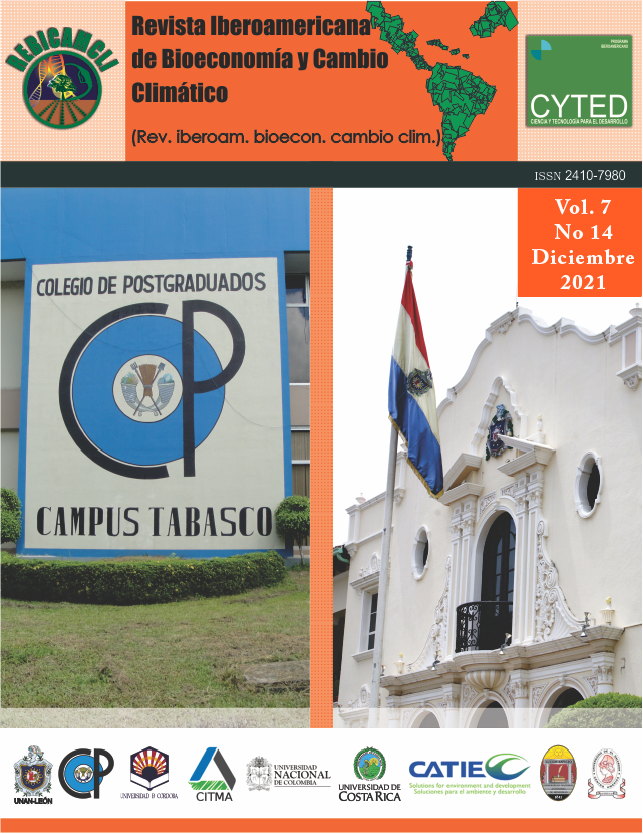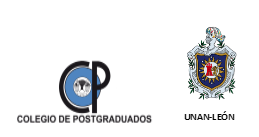Natural disasters and human development: A review of the literature
DOI:
https://doi.org/10.5377/ribcc.v7i14.12798Keywords:
Natural Disasters, Long-run, Poverty, Unemployment, Education, HealthAbstract
Although the literature on disasters has shown a broad consensus on the negative effects that these shocks cause in the short term on individual development, their long-run consequences are still a matter of debate. This paper provides a review of the literature on this topic. Although the results confirm a wide heterogeneity in the empirical literature (according to the type of disaster, country or region of analysis and time horizon considered), most of the studies tend to report findings consistent with the idea of persistence in the long-run of negative effects. Thus, it appears that exposure to disasters tends to persistently increase the chances of being poor or unemployed, of having low educational attainment or a deteriorating health status. Four policy recommendations emerge from the findings of this review. First, each group of disasters causes different effects and this must be considered in the implementation of preparedness and mitigation actions. Second, pregnant women and children in their first months of life (especially in the first 1000 days) must be especially protected, since the long-term effects are concentrated in this subgroup. Third, since an improvement in basic infrastructure reduces disaster risk, disaster preparedness and mitigation actions must be understood as complementary to those for poverty reduction. Fourth, public policy must explicitly incorporate the gender dimension in its implementation.
Downloads
532
HTML (Español (España)) 0
Published
How to Cite
License
Copyright (c) 2021 Ibero-American Journal of Bioeconomy and Climate Change

This work is licensed under a Creative Commons Attribution-NonCommercial-ShareAlike 4.0 International License.
Copyright © Rev. iberoam. bioecon. climate change (Graduate School and UNAN-León, School of Agricultural and Veterinary Sciences / Department of Agroecology / Center for Research in Bioeconomy and Climate Cahnge (CRByCC).







